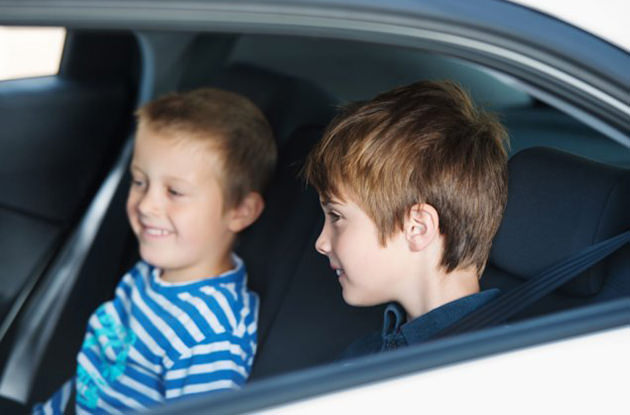
3 Ways to Keep Your Kids Safe Online
These tips from experts will help you introduce kids to devices and open up a conversation about monitoring their online behavior.
Get can’t-miss family activities sent to you!
Get the Best Family Activities
Besides setting daytime screen time limits, never allow kids to keep their devices in their bedrooms at night, Beurkens says–“nothing good is happening for kids on the internet in the middle of the night.”
Maintain open communication with your kids about why you’re controlling what they can see online.
Kids might get frustrated when they can’t access a favorite YouTube video because of parental controls, or get nervous when you go to look at their search history. Beurkens and Desuyo both advocate for maintaining open communication with your kids about what you’re doing. Sit down and go through their online history with them, just to see what they’ve been up to. Continually talk to them about the importance of their digital footprint (this is especially important for teenagers). Talk through the positive aspects of parent controls to help teens avoid harming their image, hurting their opportunities to get into college, and more. “A parent-child relationship is strongest when built on trust and open communication—it’s the best parental control you can have!” Desuyo says.
“When you give kids devices, it’s our responsibility to make sure that they’re safe,” Beurkens adds. “The best mode of communication is to talk with kids about why we’re setting limits. Help them understand that we set limits because it’s our job as parents to keep them safe and healthy.”









